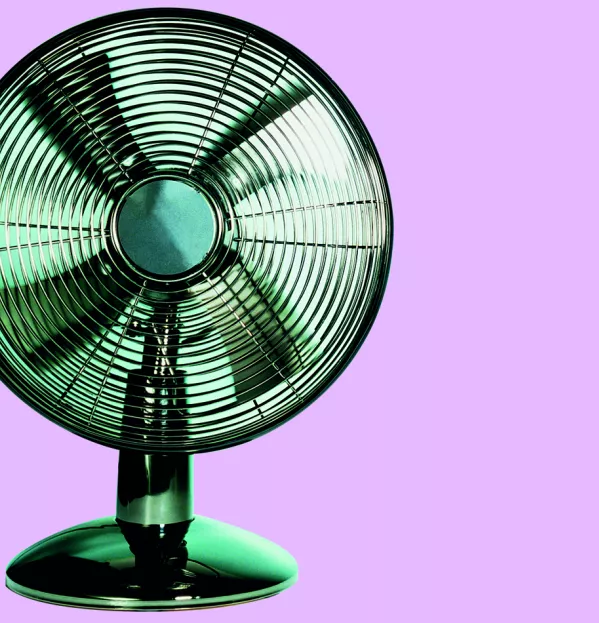No one knows exactly why women get hot flushes during the menopause - which is why we are not very good at treating them - but it’s a significant problem. One patient, who used to drive 45 minutes from North Berwick to Edinburgh for appointments with gynaecologist Ailsa Gebbie, swore blind that when she had a hot flush, the whole car would steam up.
Female teachers talk about being soaked in sweat as they stand in front of classes - some even feel like their skin is crawling - and because the hot flushes continue at night, insomnia and fatigue become an issue. Anxiety and depression can also loom large. Other common symptoms include periods that are irregular, heavier than usual and more painful.
Consider the fact that the menopause usually hits between the ages of 45 and 55 - when many women are grappling with teenage children, caring for elderly parents and may feel trapped in unhappy marriages - and it all adds up to a perfect storm.
Schools might wonder what they can do to help: after all, there is notoriously little slack in the system. While some women would welcome flexible working or part-time hours, even on a short-term basis, schools can make a big impact just by getting the basics right. For example, ensuring there are enough staff toilets and giving teachers the ability to control the temperature of their classrooms. Providing an opportunity for women to be open and speak about what they are going through can also make a big difference.
George Heriot’s School in Edinburgh invited a specialist to talk to staff about the menopause after one courageous teacher took the gamble that, in an all-through independent with more than 150 teaching staff, she could not be the only one who was feeling overwhelmed. The survey that modern languages teacher Judith Murphy carried out - with the backing of the school’s leadership team - revealed that 40 staff wanted to raise awareness of the menopause and 40 wanted access to information, advice and tips.
So, the school organised a visit from the aforementioned Dr Gebbie, who has been running a menopause clinic in Edinburgh for 30 years. One teacher said this opportunity to share with colleagues and get some expert advice was “as effective as hormone- replacement therapy”.
The sense was that the women who had participated felt less isolated. They weren’t just individuals going through a similar experience but a whole cohort of colleagues who could now support one another.
They also knew they had well-informed bosses: the meeting was attended by human resources staff and managers, including the principal and male members of the senior management team.
Schools have become very good at recognising the importance of pupils being able to be themselves but there are still (mainly male) teachers who - while perfectly capable of delivering assemblies on gender identity for pupils - are incapable of speaking the word “menopause” aloud.
Female bosses also came in for criticism for assuming that, just because they had sailed through the menopause, such experiences were universal. As Gebbie puts it: “There’s this really unpleasant cluster of menopausal symptoms and you might be not too bad at all or you might be pretty extreme - and that’s the lottery of the menopause.”
Unlike pupils, teachers spend not just their formative years in schools but often their entire working lives. It is right that schools should support them at this difficult time. And the best way to do this, like Murphy did, is to ask them what they need. We may not fully understand why women get hot flushes during menopause, but that doesn’t stop us from finding out how to help them when they do.
@Emma_Seith
This article originally appeared in the 14 June 2019 issue under the headline “A flush of inspiration about how to end the menopause taboo”





